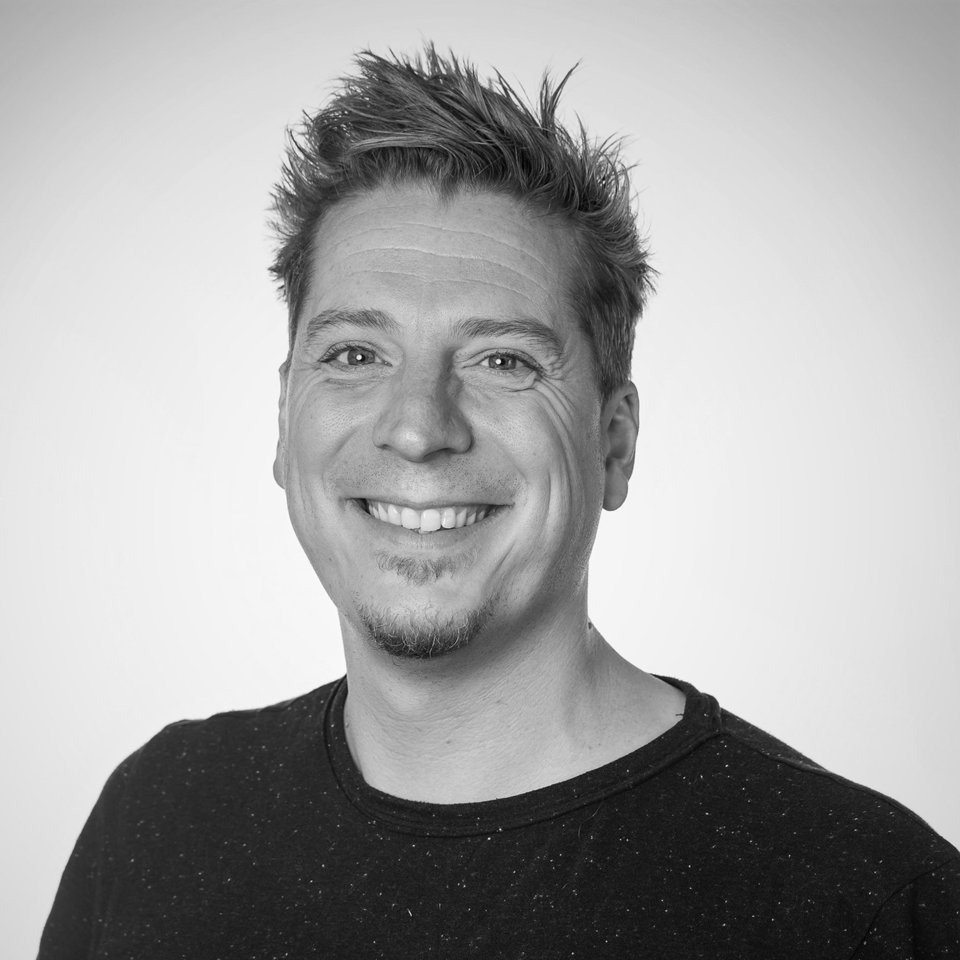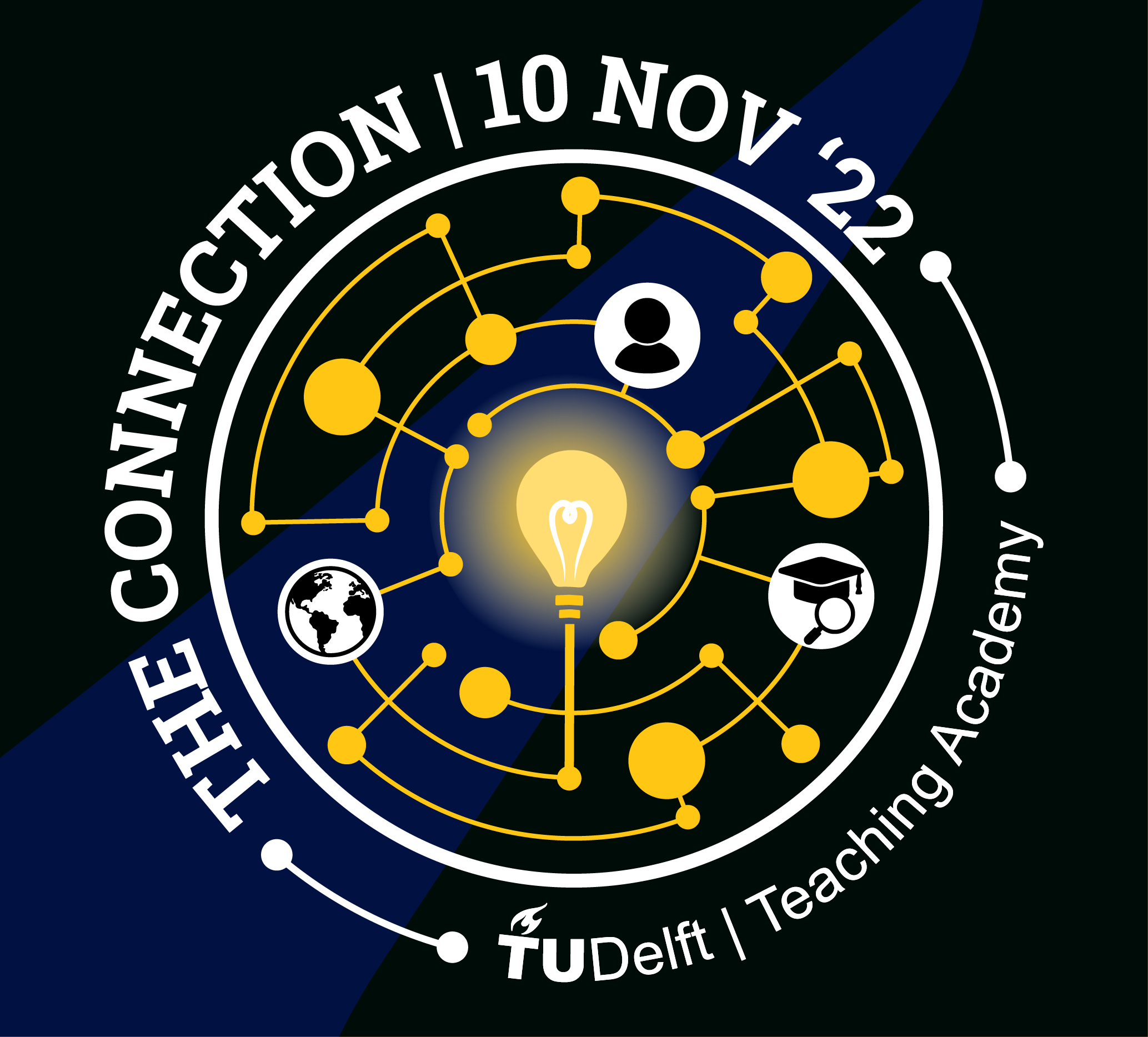TU Delft Education Day 2023 | 9 November
Thursday 9 November 2023 - The date is set - Save it now!
Click here to learn more about, sign up, and share your ideas for the upcoming Education Day on 9 November 2023.
TU Delft Education Day 2022 | 10 November
The Connection - Creating Opportunities
The TU Delft Education Day is the event of the year to get inspired by fellow lecturers* from all faculties and to share experiences in education. This year’s theme of the TU Delft Education Day is ‘The Connection – Creating Opportunities’. When you think about it, connections are inherent to teaching and learning. When we connect, opportunities arise. Opportunities to understand each other, to learn from each other and to innovate together. At TU Delft, we connect in many ways to build and strengthen (inter)relations in education. Relating to yourself, to your students, to fellow lecturers, and to various communities; Linking theory to practice, courses to programmes, education to research, and the university to society; Connecting to learn, to grasp the complexity of things, and to envision our engineering disciplines of the future. Let’s explore these connections at the TU Delft Education Day, create opportunities and collaboratively enhance our Engineering Education!
* ‘Lecturers’ meaning everyone with a teaching role, from Phd to Full Professor to fulltime Lecturer.
-
This year’s theme 'The Connection - Creating Opportunities' is divided into three focus areas: People, Education & Research, and Future & Society.
1. PeoplePersonal connections are at the basis in education and learning. Within your education, connecting to students and empowering them to learn is very important. But there is more. What about connecting students to each other, connecting yourself to your drives and identity, connecting to fellow lecturers and connecting to the education community?What can be done to facilitate or strengthen these connections? What can it bring us? And what are the roles of the university, the campus, the student and the lecturer in this?
2. Education & ResearchEducation and Research are intertwined in our university setting. Whether this be in the university career paths, in enlightening our students with the research we do, in integrating our education in our research, or in innovating our engineering education with the insights gained from researching it. How do you connect Education and Research? How do you balance your Education and Research? How can we use data to enhance our education? How can we increase our collective knowledge on engineering education through research?
3. Future & SocietyAt the TU Delft we educate students to become socially responsible engineers. Educating these students cannot be done in isolation. Connecting to the Future ‘Imagine the future and act in the now’ and to Society ‘Bring the outside in & the inside out’ is important in this matter. This means integrating theory and practice, interconnecting with society, exchanging valuable perspectives and envisioning the future. How can challenge based education contribute to this? What type of engineers match the possible future? What is already happening at TU Delft?
-
Time
Activity
09:00
Walk-in
09:30
Opening
Rob Mudde & Annoesjka Cabo
09:50
Keynote: Emanuela Tilley
A Connected Curriculum:
Leading educational change with an integrated
teaching framework10:40
Session round 1
7 Parallel sessions led by Lecturers:
Angeliki Sioli | Haiko van der Voort |
Marian Bosch-Rekveldt | Remon Rooij |
Stefan Hugtenburg & Ivo van Kreveld |
Stefan Persaud & Bas Flipsen |
Wim Bouwman11:40 Summary of the Sessions Plenary Pitches on Key Findings 12:00
Lunch
12:45
Three Short Plenary Sessions Developments in TU Delft Education
13:40
Session round 2
7 Parallel sessions led by Lecturers:
Daan Schraven | Ilke Ercan |
Irene Fernandez Villegas | Martijn Wackers |
Nazli Tümer | Pleun Hermsen | Rebecca Price14:40 Summary of the Sessions Plenary Pitches on Key Findings 15:00
Connect & Network
15:30
Award Ceremony
Lecturer of the Year | Education Team Award |
Education Fellows16:00
Keynote: David Abbink
Shaping the Future of Work –
Connecting technical and social
sciences through transdisciplinarity16:45
Closing
17:00
Drinks & bites
-
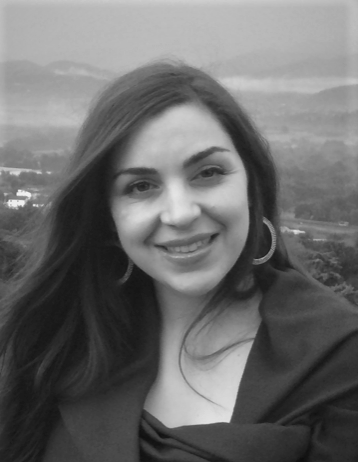
Emanuela Tilley
09:50 | A Connected Curriculum: Leading educational change with an integrated teaching framework
Emanuela Tilley is Professor of Engineering Education and Director of the Integrated Engineering Programme at University College London, in London, United Kingdom.
UCL Engineering underwent major educational reform through the design, development and implementation of an integrated teaching framework called the Integrated Engineering Programme (IEP). Often cited as the most comprehensive example of a Connected Curriculum for Higher Education Framework in the United Kingdom, Professor Tilley will present how a connected curriculum goes beyond developing engaging programmes of study and is central to creating spaces for critical dialogue about educational values, approaches and connections, both within and across existing research groups, teaching departments and learning communities.

David Abbink
16:00 | Shaping the future of work – connecting technical and social sciences through transdisciplinarity
David Abbink is Full Professor in Haptic Human-Robot Interaction and member of the Human-Robot Interaction group at the Department of Cognitive Robotics, Faculty 3mE, Delft University of Technology.
Also, David is Scientific Director AiTech, the interdisciplinary research program on meaningful human control over AI systems; and Scientific Director FRAIM, the transdisciplinary research centre on shaping the future of physical work.Details of David his keynote will be revealed soon.
-
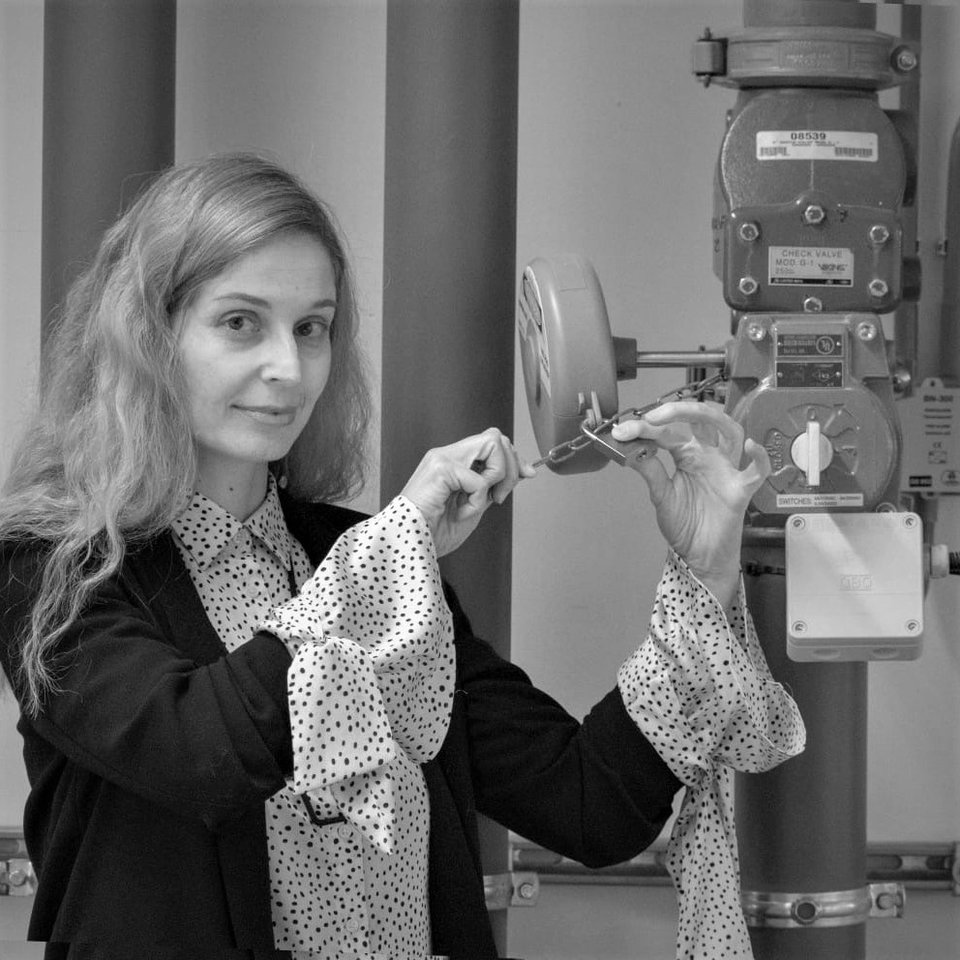
Angeliki Sioli
"The Space of Words" – Connecting Students through language
When the new incoming master students join the classrooms of the Department of Architecture, the discrepancies in their background education, work experience and culture are very big. Collaborating productively on projects – a necessary skill in the architectural profession – is considerably hindered. Using language as an architectural tool enables them to overcome their differences and create collectively around a tool and a design method that they are all trying for the first time. Through the example of the course “The Space of Words,” which employs this pedagogical innovation and leads the students to hands-on building, this session discusses how to creatively connect the students in the multicultural and diverse community of TU Delft. In this workshop you will experience how this approach helps students to connect with each other, and we will discuss how this benefits them in their studies and after.
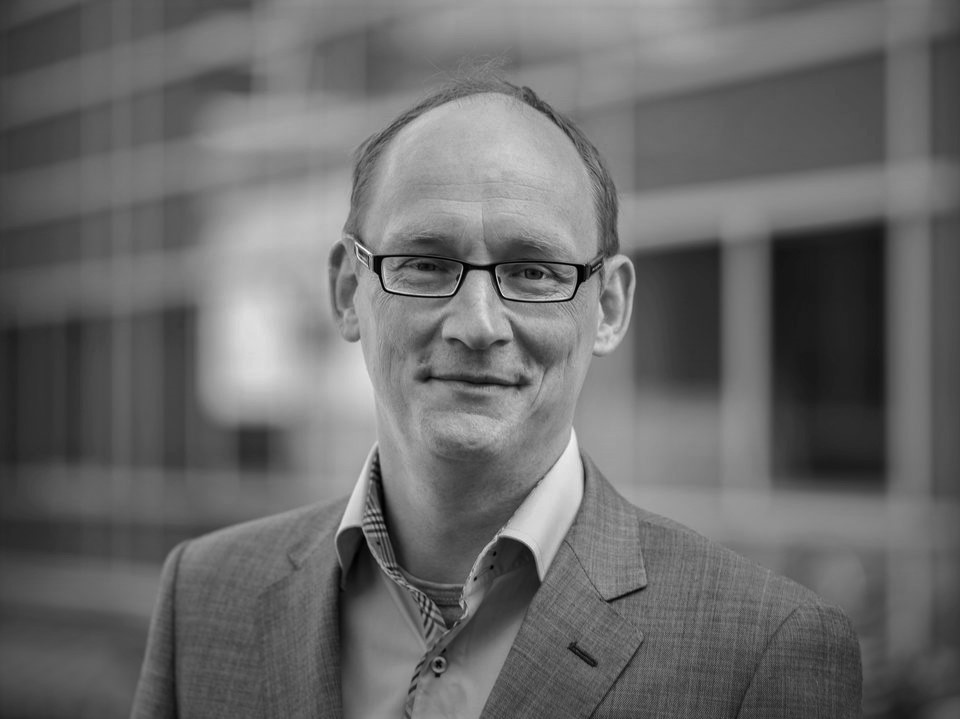
Haiko van der Voort
Interdisciplinary curricula: challenges and principles
The very word “Interdisciplinary” has a very positive connotation. It brings together valuable insights from different ways of thinking, making interdisciplinary education programs relevant to society. However, an effort to build and maintain an interdisciplinary curriculum goes with high transaction costs. What are didactic and governance principles for interdisciplinary programs? Haiko van der Voort is director of the master program Engineering & Policy Analysis. This master resides in The Hague to engage with policymakers out there and build an educational community. In interaction with the audience Haiko will share struggles and victories in making interdisciplinary programs connected, relevant and manageable.
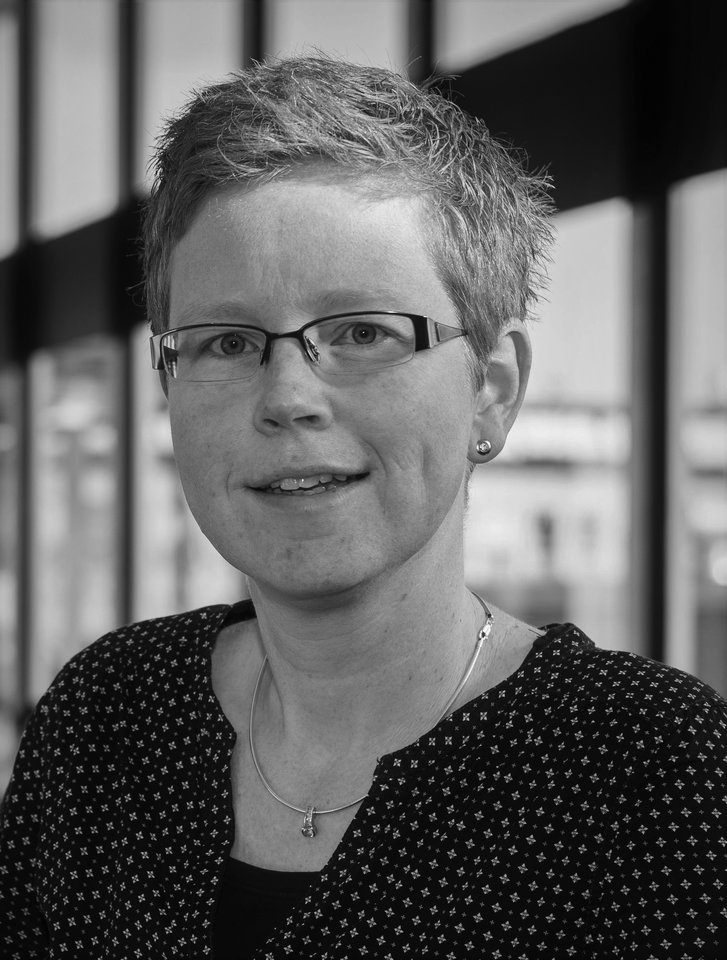
Marian Bosch-Rekveldt
GoGrad makes it easy: The power of co-creation
In the CME MSc program, we noticed that many students faced challenges throughout their graduation process. Challenges make students feel uncomfortable, but these challenges are actually part of the journey: no worries. Others have faced challenges before, so let’s learn from their experiences!
The open platform “GoGrad” was developed in a co-creation with CME lecturers and students. The platform provides an overview of challenges, clustered in 5 themes: 1) Graduation & You; 2) Graduation & Thesis Committee; 3) Graduation & Company; 4) Graduation & Process; 5) Graduation Topic & Data.
For all challenges, suggestions are given on how to approach these, based on experiences of CME-students and CME-alumni.
In this session we will talk about the set-up of GoGrad and will discuss the challenges and suggested solutions with you.
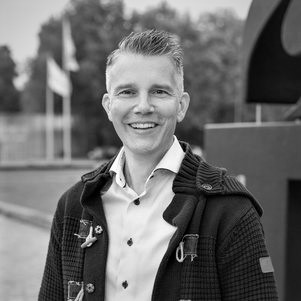
Remon Rooij
Next level education innovation
Innovating engineering education is a multi-actor activity. In this workshop, you will first play a 20 minutes ‘serious game’ where you are going to be part of a development team working on an implementation plan for an intended educational innovation. By taking one of the roles (responsible educator, an educational advisor, an educational researcher, a student assistant, a program leader, a PhD candidate who will teach in the course, and a blended learning coordinator) you will explore how you can take educational innovation as a team to the next level by combining different kinds of expertise.
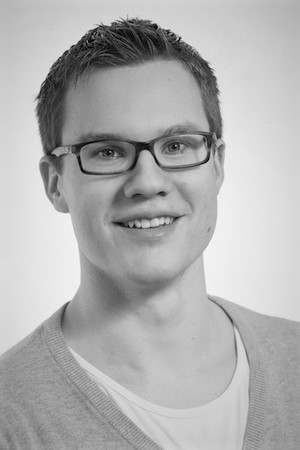
Stefan Hugtenburg
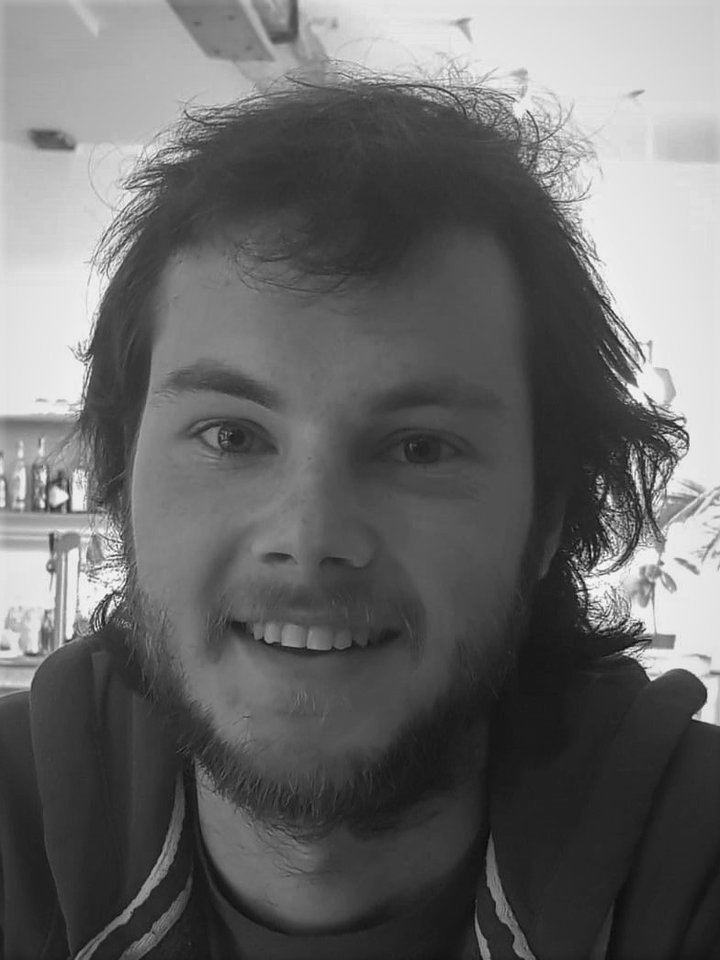
Ivo van Kreveld
“Professor, why are you teaching me this?”
Using skill circuits we structure our course to expose the connections between our course materials, other courses in our programme, and desirable skills in industry. In doing so, we aim to provide students an overview of what they need to do and answer that question we are probably all familiar with: “Why do I need to know this?”. Our goal is to inspire you to think about how your course fits together, how it fits in the curriculum, and how it fits in the skill set of a graduated TU Delft engineer. In this workshop we briefly explain the concept of a skill circuit, after which you are going to design a skill circuit for your own part of the course.
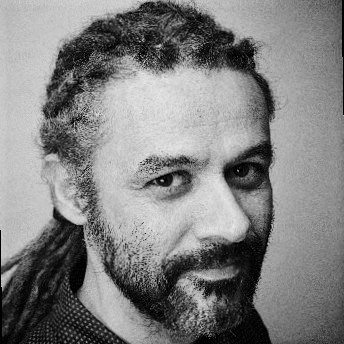
Stefan Persaud
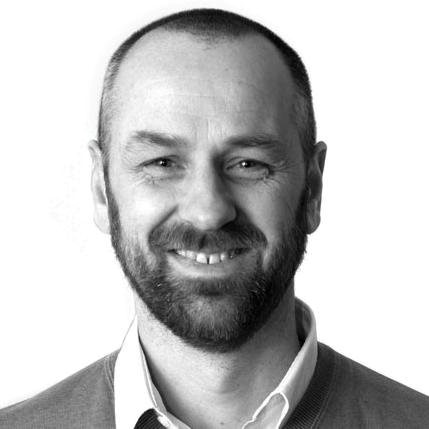
Bas Flipsen
Coaching wicked student teams
Collaboration within teams is essential when working on wicked problems. High performing teams most often result in high quality outcomes. But at what cost? Coaching is essential to support a group of students to become a healthy collaborative team. In this session you will be provided with theory and experience how to coach wicked student teams.
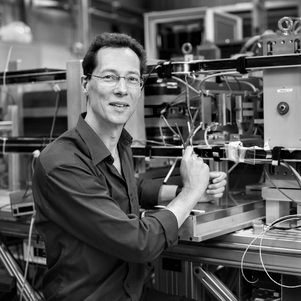
Wim Bouwman
Strengthen the connection with your students: Student-question driven teaching
When lecturing, it is a challenge to know what students understand and where they get stuck. A flipped classroom approach can help improve student connection significantly. By asking students to share questions about the course material before each class lecturers can be composed around student questions. Unexpected questions can lead to increased enjoyment in teaching. In this session, Wim will share how he encourages students to ask questions, and will discuss what might be the underlying reasons why this improved connection is so important in personal teaching.
-
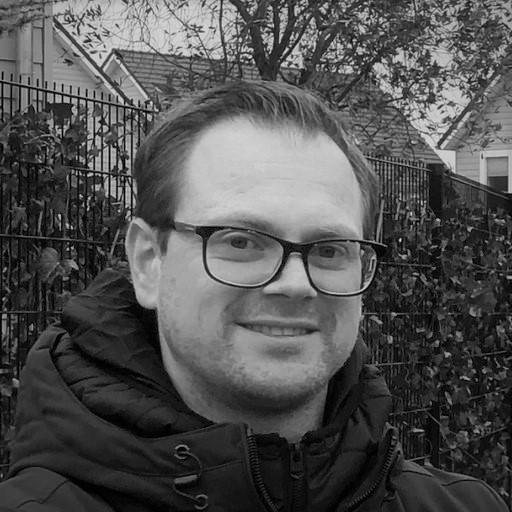
Daan Schraven
Entrepreneurial students: How to set up a challenge-based course?
Daan will describe the background, preparation, execution and evaluation of the course Entrepreneurial Engineering. This course that was created for students of the Construction Management and Engineering program and aims to unlock an entrepreneurial attitude in students in an activating way. In this session, you will hear how Daan designed, set up and delivered this course in a challenge based format – and learn how you can apply (aspects of) this to your own education.
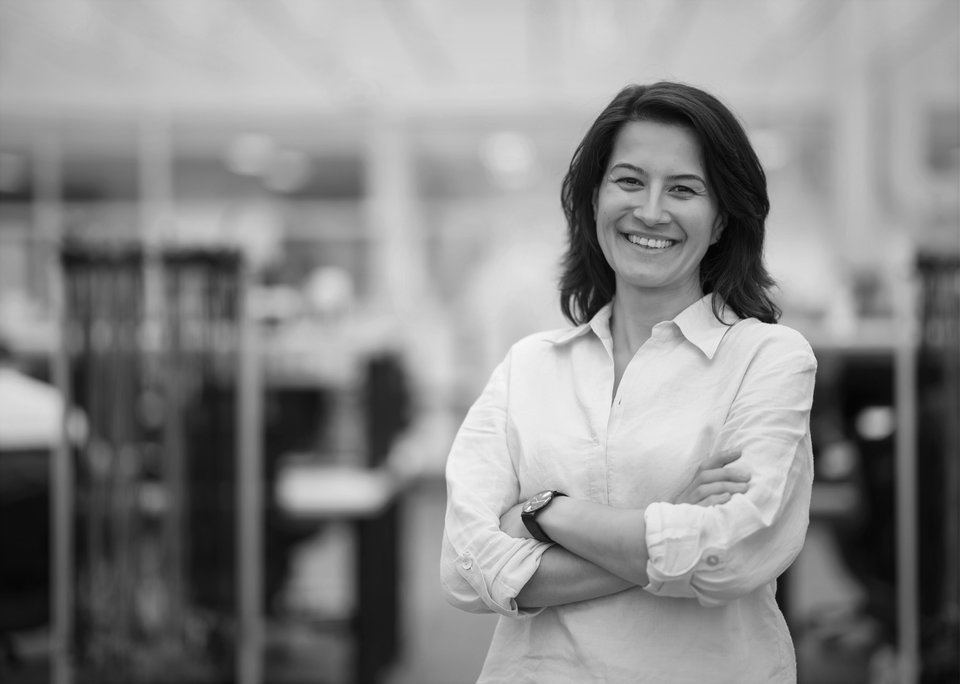
Ilke Ercan
Belonging through agency: Student involvement and community building in university education
Giving individuals a sense of agency in a community has a positive impact on their sense of belonging. We implement this approach in university education by providing students with tools to contribute to course organization and assessment; and observe the effects on their performance. In this session, Ilke reflects on the impact of assignments that give students agency in grading through self-assessment and peer-review processes. She will discuss insights gained from an anonymous feedback system that gives students an opportunity to communicate preferences on course structure and organization throughout the semester. Finally, she will share experiences on the role of student tutorship (assistantship) in building a community in the academic ecosystem. In this interactive session, you will be provided with ideas and observations and exchange thoughts.
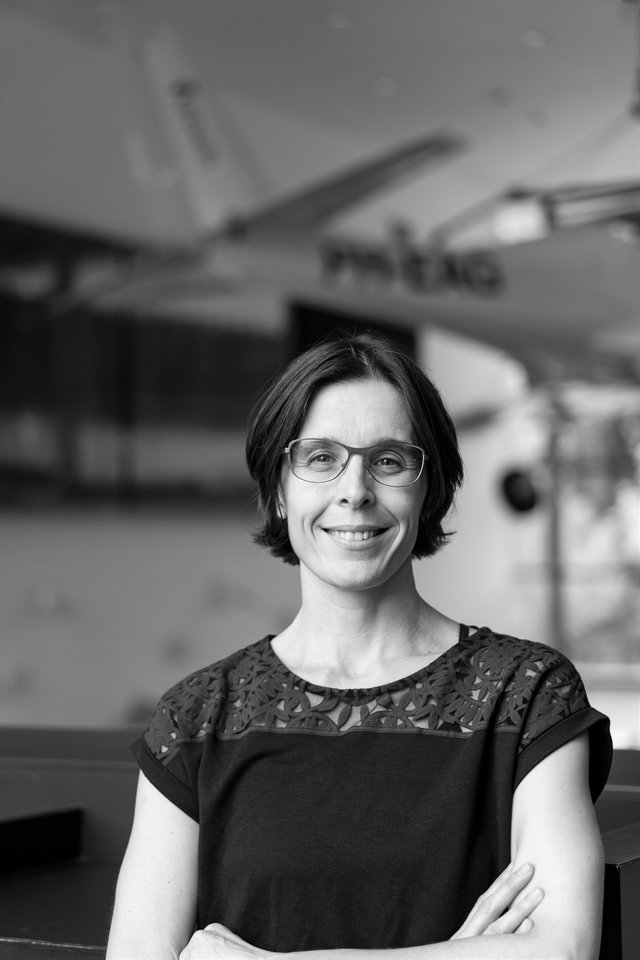
Irene Fernandez Villegas
We are not robots: on recognizing the human side of academics in a university of technology
As academics in a University of Technology we tend to get a tunnel vision focusing on developing technology as the solution for the problems we encounter. We also have the tendency to identify with the technological solutions we work on. In this session we will explore different levels at which adopting a more humanistic approach could benefit us, from increasing our connection with those around us in our day-to-day work to boosting our impact on society.
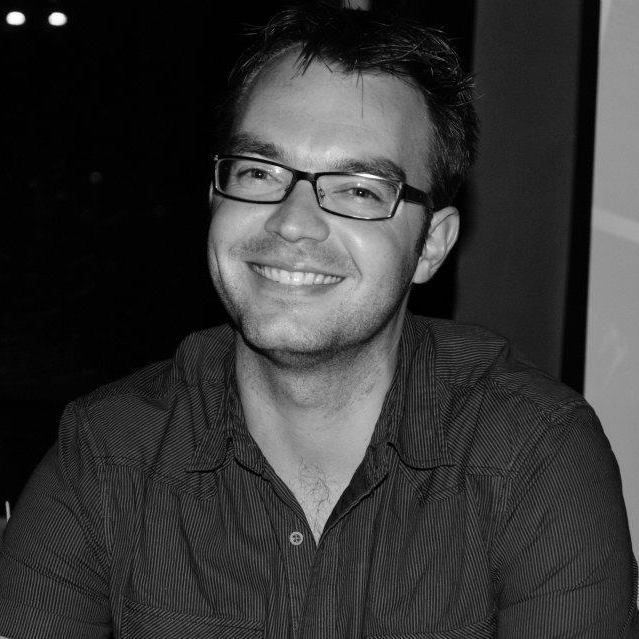
Martijn Wackers
Making messages memorable: Creating lectures that students will remember
Academic learning goals often involve students to retain key information. Ideally, lecturers craft their rhetorical communication accordingly. However, proper advice on how to make a message memorable is highly diverse and the effect of rhetorical strategies on audience memory has only been studied scarcely. In his thesis, Martijn Wackers therefore brought together insights from cognitive psychology and rhetorical theory to investigate how rhetorical techniques can influence information retention. Martijn will discuss how the rhetorical situation can affect the way in which students encode and store information. In this workshop, these insights will help you create memorable messages in your own education situation. As a participant, you are encouraged to select an example from your own teaching experience – such as a (video) lecture or a workshop – and consider how you can actively impact students’ information retention.
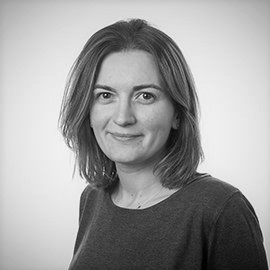
Nazli Tümer
Engineering role-play: reflect on your engineering processes and imagine your future self
Role-play in engineering can help our students - future engineers - understand who they are and find out their own purpose and path. An exemplary role-play has been embedded within the course: Fundamentals of Biomedical Engineering. In this interactive session, you will hear about ‘engineering role play’ and its practice in the course and experience it yourselves. Following a short introduction, you will pick an engineering role and work on a challenging problem (quite a general one, everyone - with no specific engineering background- can work on it) to come up with a solution from the perspective of your engineering role.
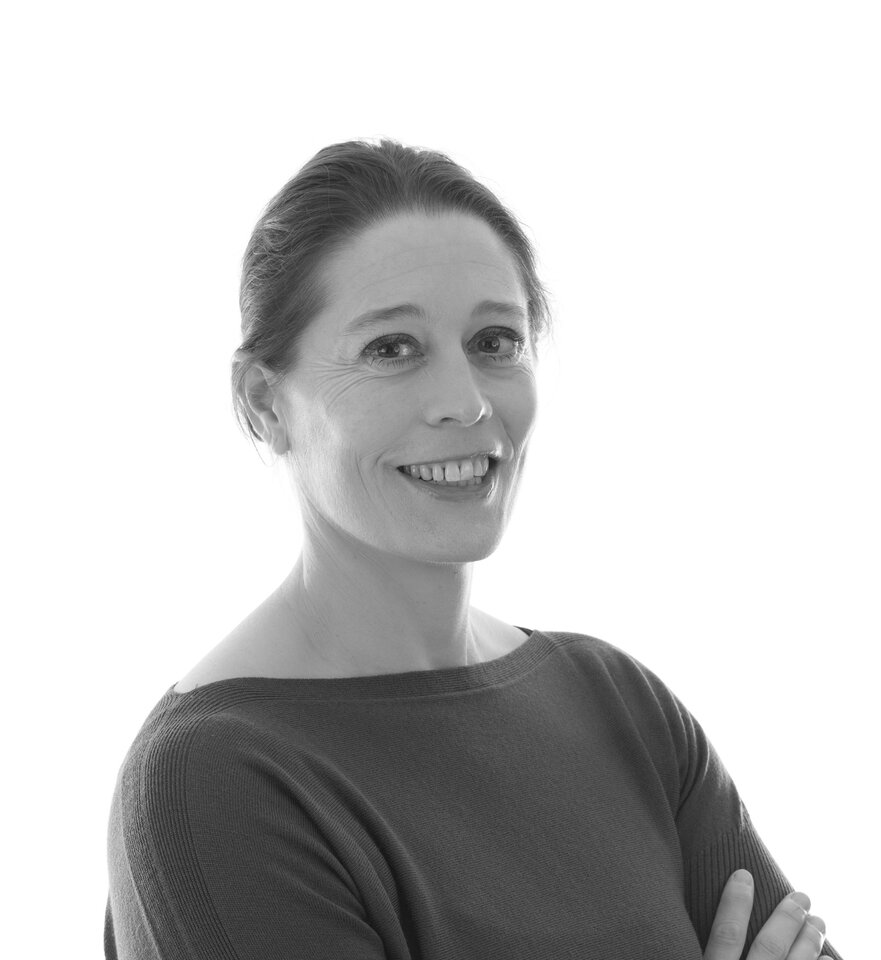
Pleun Hermsen
Connecting around a Campfire; Experience this ludodidactic tool that helps students create a better graduation process.
Remember feeling connected around a campfire? The Campfire Talk Intervision Game creates an inviting and safe atmosphere in which students share the difficult issues and emotions they experience during their graduation by themselves. With use of serious gaming methods, students explore encountered issues, look at it from multiple perspectives, search for underlying patterns and formulate steps to deal with them. This creates relief and empowers them. Besides that, they practise conversation skills and empathy. This Campfire Talk is the result of a Comenius Teaching Fellowship. Join the workshop of the Reflective Engineer team to experience this tool and the power of reflection for yourself. Get a feel for who could benefit from this tool in your Context and explore where this might be implemented.
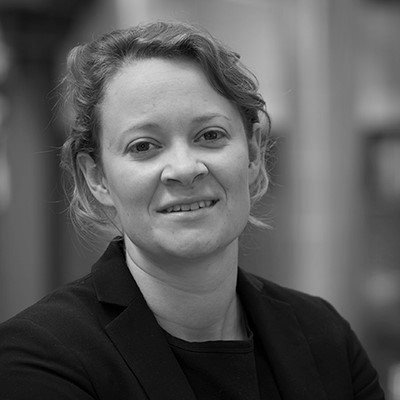
Rebecca Price
"I wish I learnt this on the first day of my studies!" – 10 principles for designer resilience
The designers, engineers and more broadly pioneers of change we educate today will be at the pinnacle of their careers in 2040 and 2050. These students will go on to effect massive socio-technical transitions required in lieu of issues such climate change. Yet realising change, especially changes to socio-technical systems, brings our students into conflict with the status quo where they encounter powerful structural and political resistance. It takes resilience to negotiate these conflicts within design and engineering projects. And yet, how students can practice resilience remains a blind spot in our education programmes. This session presents the midterm progress of the Senior Comenius Fellowship Project, “Forging Resilient Designers”. The session is interactive and shows results from educational research conducted at the Faculty of Industrial Design Engineering.
Speakers

Angeliki Sioli

Ilke Ercan

Martijn Wackers

Remon Rooij
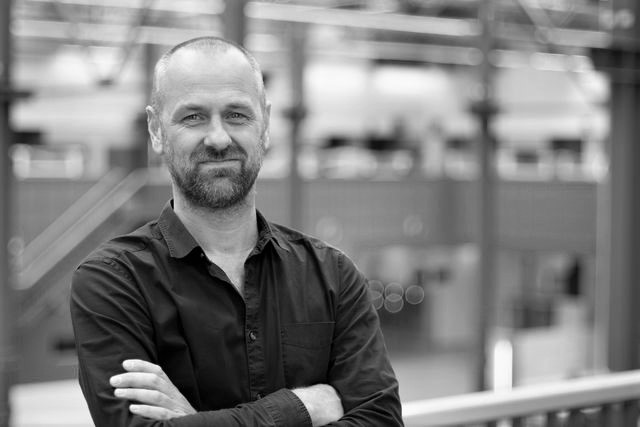
Bas Flipsen

Irene Fernandez Villegas

Nazli Tümer

Stefan Hugtenburg

Daan Schraven

Ivo van Kreveld

Pleun Hermsen

Stefan Persaud

Haiko van der Voort

Marian Bosch-Rekveldt

Rebecca Price

